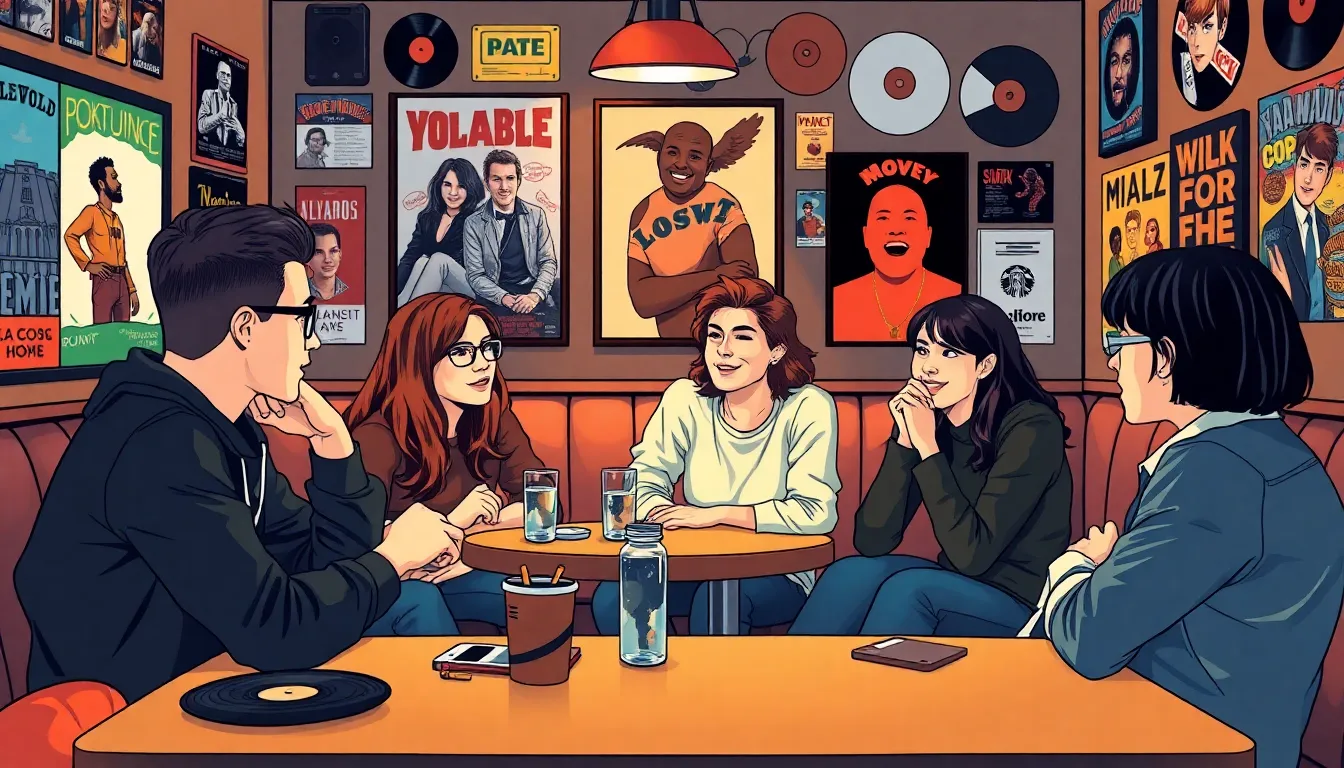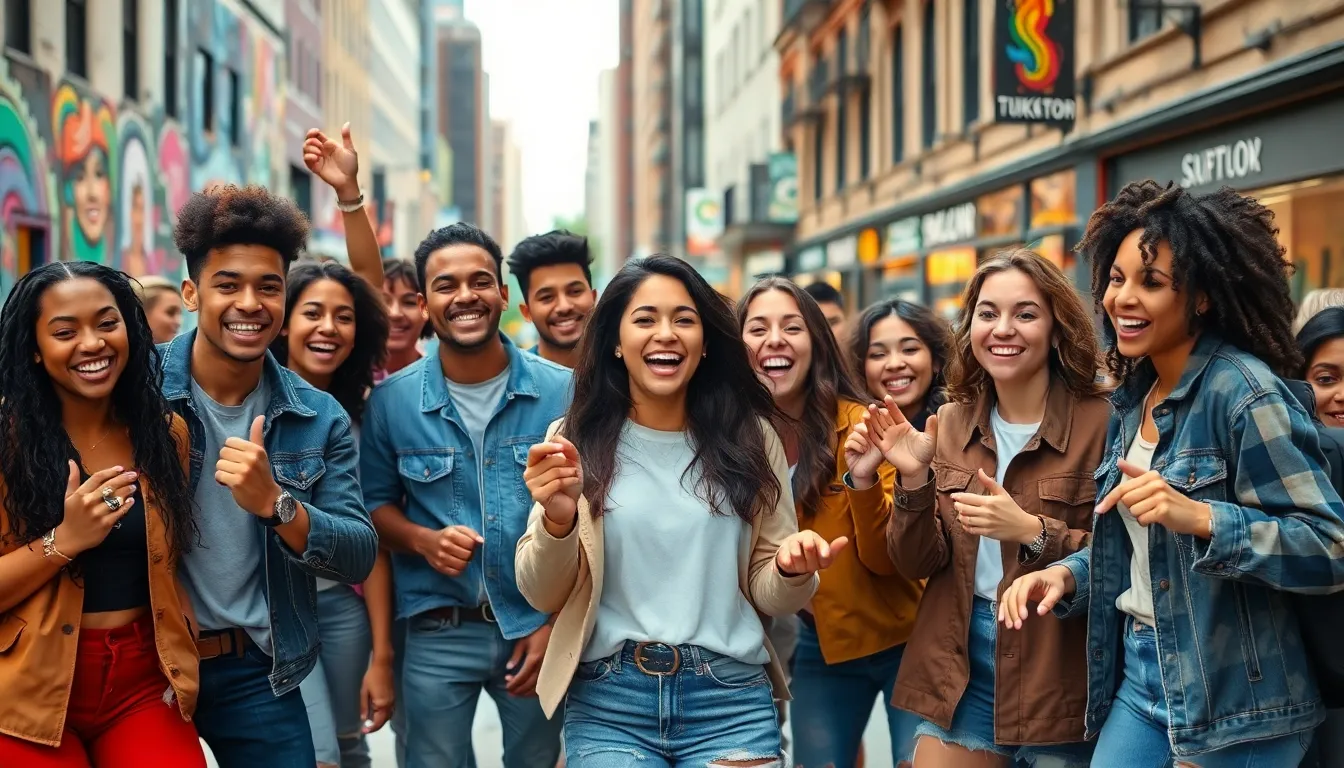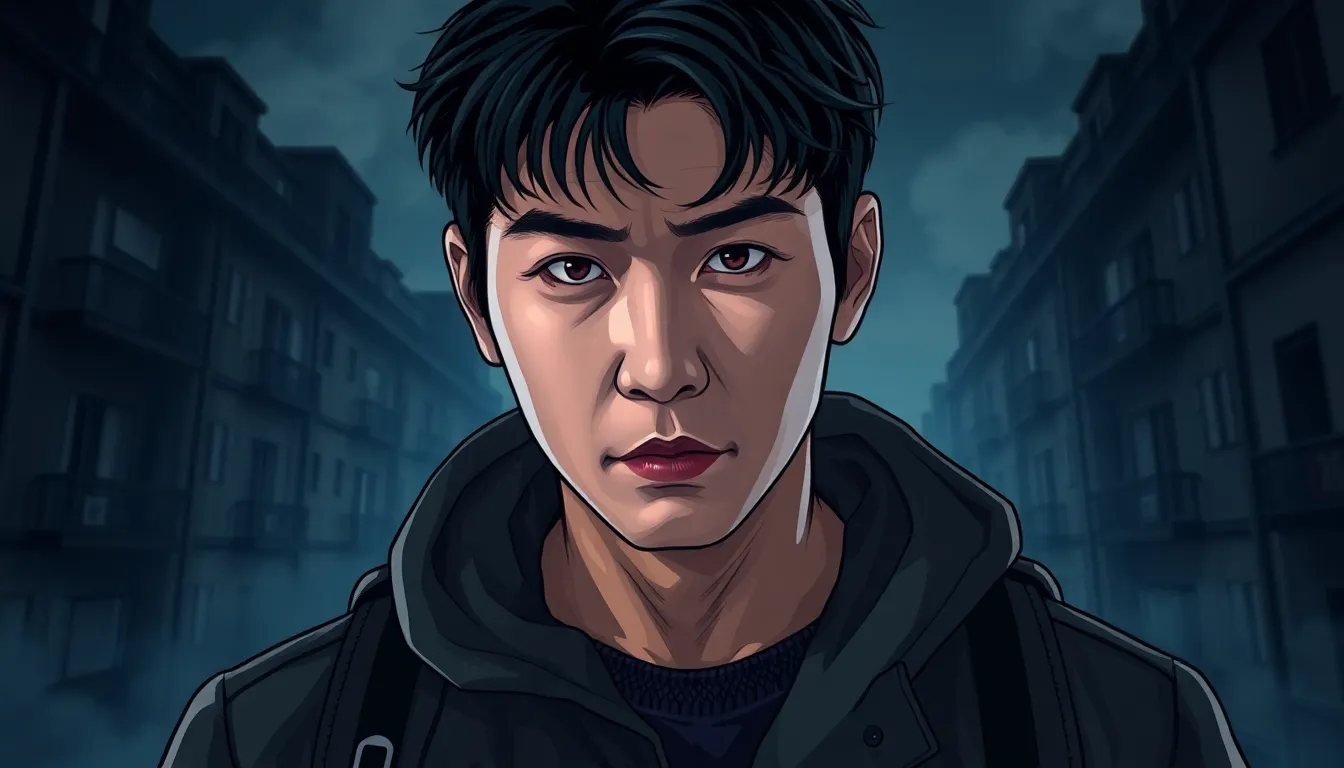Pop culture studies is the secret sauce behind understanding the world we live in. From viral TikTok dances to the latest blockbuster hits, it’s all about dissecting the trends that shape society. Think of it as the ultimate cultural treasure hunt where every meme, song, and movie reveals something deeper about human behavior and values.
Table of Contents
ToggleUnderstanding Pop Culture Studies
Pop culture studies explore the dynamics of contemporary culture. This academic field analyzes media, trends, and events that shape societal attitudes and behaviors.
Definition and Scope
Pop culture studies encompass the analysis of cultural phenomena and their societal influence. This discipline includes various media forms, such as television shows, films, music, social media, and literature. By examining these elements, researchers gain insights into cultural narratives and identities. The scope stretches beyond entertainment; it includes social trends, technology, and consumer behaviors. Scholars often investigate how pop culture reflects and shapes public perceptions. Understanding this field provides a framework for analyzing the intersection between culture and society.
Importance of Pop Culture Studies
Pop culture studies hold significant relevance in today’s rapidly changing world. They illuminate how trends influence human behavior and societal norms. Analyzing viral phenomena, such as TikTok challenges, reveals underlying social dynamics. This field impacts industries like marketing and education by influencing strategies and outreach. Furthermore, it fosters critical thinking, encouraging individuals to reflect on media consumption. By unpacking cultural artifacts, pop culture studies contribute to a broader understanding of identity and community. Engaging with this subject enriches discussions on modern life and informs future cultural developments.
Key Theories in Pop Culture Studies

Pop culture studies incorporate various theoretical frameworks that analyze cultural phenomena. Prominent theories reveal insights into societal norms and behaviors shaped by media.
Cultural Studies Approach
Cultural studies focus on the relationship between culture and power dynamics. Scholars examine how pop culture reflects and influences social issues, identity, and ideology. This approach emphasizes the role of audience interpretation and engagement, recognizing that individuals ascribe different meanings to media. For instance, television shows can address topics such as race, gender, and class, prompting discussions on societal attitudes. By analyzing cultural texts, researchers uncover the underlying messages and beliefs that permeate society. The intersection of culture and politics becomes evident, enabling a deeper understanding of contemporary social structures.
Media Analysis
Media analysis involves deconstructing various forms of media to uncover their social significance. Analysts assess the narratives, symbols, and aesthetics present in films, music, and advertisements. This method prioritizes understanding how media shapes public perception and contributes to cultural identity. For example, viral TikTok dances can illustrate generational trends and communal expression. By examining these media artifacts, various patterns emerge, revealing what society values and rejects. Media analysis highlights the power of representation and its impact on collective consciousness, focusing on how media influences thought and behavior in everyday life.
Pop Culture Phenomena
Pop culture phenomena include significant trends and influential figures that shape society’s cultural landscape. They reflect changing values and social dynamics.
Trends and Movements
Fashion trends exemplify how fleeting styles can create lasting impressions. Viral challenges on platforms like TikTok drive engagement and foster community participation. Additionally, movements like #MeToo and Black Lives Matter reflect societal shifts and influence public conversation. These trends reveal underlying values and collective concerns, highlighting the role of digital platforms in propagating cultural messages. Scientific studies indicate that trends often arise from a mix of social media influence and generational change, making their impact more pronounced in contemporary culture.
Iconic Figures and Events
Influential figures like Beyoncé and Elon Musk symbolize the intersection of talent and cultural impact. Their achievements resonate across various media, shaping public perception and inspiring millions. Major events, including the release of blockbuster films and record-breaking concerts, exemplify cultural milestones that capture collective attention. Notable instances, such as the Super Bowl halftime show, showcase the convergence of entertainment and cultural dialogue. These figures and events often serve as catalysts for broader societal discussions, impacting conversations around identity, race, and gender. Insights into their influence reveal how pop culture can both reflect and redefine societal norms.
The Future of Pop Culture Studies
Pop culture studies continues to evolve, reflecting contemporary society’s changes. Researchers focus on emerging trends that shape cultural narratives and collective identities.
Evolving Trends
Shifting priorities in society directly influence pop culture trends. Fashion trends often reflect the values of specific generations, with sustainability gaining traction as a vital focus. Viral challenges serve as both entertainment and commentary, raising awareness on social issues. The rise of social movements, such as #MeToo, highlights public concerns about gender equality and social justice. Additionally, moments like blockbuster film releases ignite conversations about identity and representation. Each trend uncovers layers of societal attitudes, revealing insights into the evolving landscape of shared experience.
Impacts of Technology
Technology profoundly affects how pop culture is created and consumed. Digital platforms like TikTok and Instagram allow immediate access to cultural phenomena, fostering instant engagement. Users can shape trends, providing a platform for diverse voices often overlooked in traditional media. Streaming services revolutionize viewing habits, promoting on-demand consumption that alters narrative structures. Research indicates that technology also affects attention spans, prompting shorter, more intense media formats. Innovations in virtual reality and augmented reality further redefine immersion in pop culture, expanding ways audiences interact with stories and characters.
Pop culture studies offer a vital lens through which to examine contemporary society. By engaging with various media forms and trends, researchers uncover the intricate interplay between culture and human behavior. This academic field not only enriches understanding of identity and community but also fosters critical discussions around pressing social issues.
As pop culture continues to evolve, its influence on societal norms and values remains profound. The integration of technology and emerging trends will further shape the landscape, making pop culture studies an essential area of exploration for those seeking to grasp the complexities of modern life. Through this ongoing inquiry, the power of representation and its impact on collective consciousness will continue to be illuminated.




